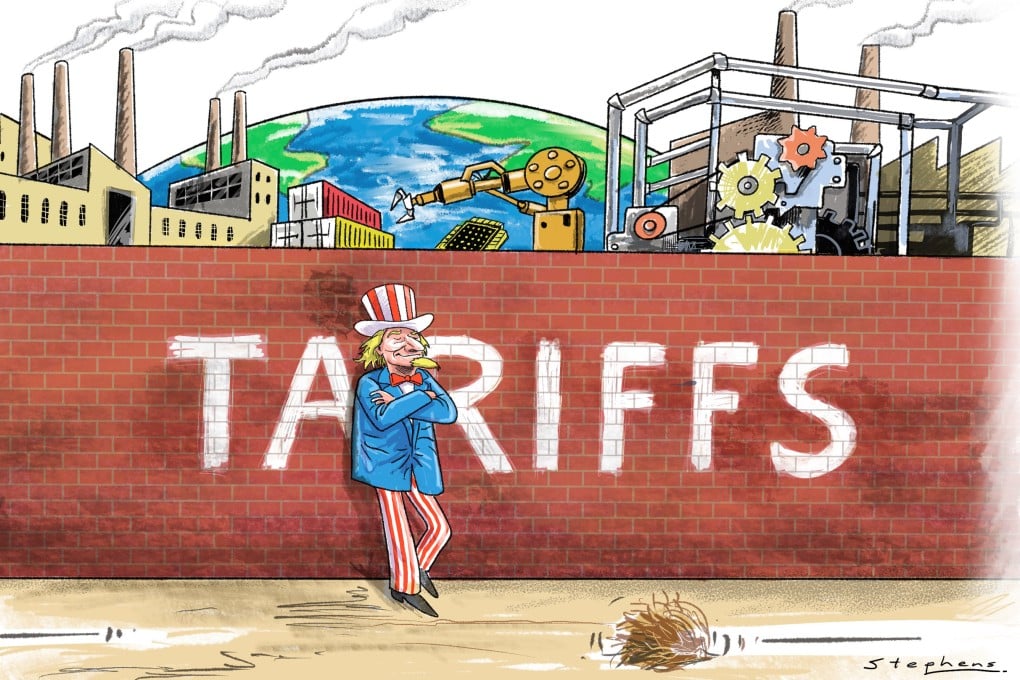Advertisement
Opinion | Isolationism will only hurt US competitiveness in the long run
With increased global economic engagement, the US would not only benefit from trade but also the influx of people from around the world
Reading Time:3 minutes
Why you can trust SCMP
4

As the United States heads to a presidential election in November, much of the world is waiting to see how Washington will tackle key economic and strategic engagement with other countries.
Advertisement
In recent years, under two different presidents, the US has approached the question of trade and globalisation through one key assumption: that America’s middle class lost its manufacturing jobs to countries like China and that those jobs must now be brought back, partly through a series of tariffs.
Geopolitical competition with China has made this issue even more urgent. The US believes it has to take back control of key supply chains from Beijing, and it wants to do that by undoing the offshoring of manufacturing jobs that has taken place over the past few decades.
In his remarks on the US economy last year, American National Security Adviser Jake Sullivan voiced this sentiment by delivering a rebuke of offshoring, saying: “In the name of oversimplified market efficiency, entire supply chains of strategic goods – along with the industries and jobs that made them – moved overseas.”
Since then, US President Joe Biden has continued to roll out tariffs on Chinese goods while retaining many of those he inherited from his predecessor, Donald Trump. He has also provided state support and subsidies to boost manufacturing in the US. The result has been a wave of deglobalisation, accentuated by a string of sanctions regimes led by Washington.
Advertisement
But if the aim of decoupling from China is to bring back manufacturing jobs to the US and create economic opportunities for the rural American middle class, there are already signs of failure.

Advertisement
